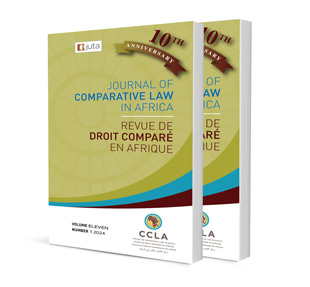The Prosecutor v Dominic Ongwen case before the International Criminal Court: A Twail-er’s perspective

The Prosecutor v Dominic Ongwen case before the International Criminal Court: A Twail-er’s perspective
Author: Linda Mushoriwa
ISSN: 1996-2118
Affiliations: LLB (University of Zimbabwe) LLM (Unisa) PhD (University of KwaZulu-Natal); Researcher, African Centre for Transnational Criminal Justice, University of the Western Cape
Source: South African Journal of Criminal Justice, Volume 37 Issue 1, p. 103 – 126
https://doi.org/10.47348/SACJ/v37/i1a5
Abstract
This paper explores whether the International Criminal Court (ICC or ‘the court’) has lived up to the expectation of being an effective and universal mechanism of international criminal justice and accountability, by using the judgment of the Prosecutor v Dominic Ongwen as a case study. Ongwen was convicted by the court’s Trial Chamber (TC) IX in February 2021, on 61 charges of war crimes and crimes against humanity perpetrated in Northern Uganda between July 2002 and December 2005, and sentenced to 25 years’ imprisonment. The Appeals Chamber (AC) confirmed both the conviction and sentence in a judgment rendered on 15 December 2022. It will be argued from a Third World approaches to international law (TWAIL) perspective, that the court missed an opportunity to improve its institutional legitimacy, considering the legitimacy deficit stemming from claims by African states that the ICC is biased against Africa. The paper will also argue that the court missed an opportunity to improve its own decision-making by expanding its source material to include sources from the Global South.
